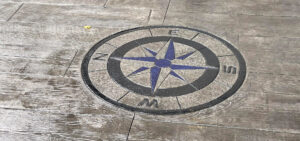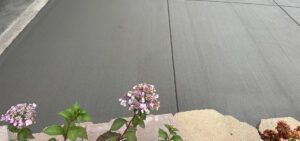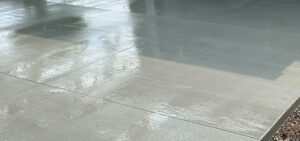The Best Time of Year to Repair or Replace Your Concrete in the Twin Cities
Choosing the right time to repair or replace concrete in the Twin Cities is crucial for ensuring the durability and effectiveness of your concrete work. Our local climate plays a key role in determining the best times for these projects. Here’s a guide to help you plan your concrete repairs or replacements around Minnesota’s unique weather conditions.
Why Timing Matters in Minnesota
The weather in the Twin Cities can be extreme, with cold winters and warm summers, both of which can affect how concrete sets and cures. Here’s the seasonal breakdown:
- Spring: Late spring is often ideal once the snow melts and temperatures consistently stay above freezing. This period before the summer heat provides a stable environment for concrete to cure properly.
- Summer: Early summer is usually suitable, but aim for cooler days or schedule the pouring early in the morning to avoid the midday heat, which can cause the concrete to cure too quickly and potentially crack.
- Fall: Fall is perhaps the best time for concrete work in the Twin Cities. The cooler temperatures and moderate weather conditions allow for slow, even curing, which is optimal for concrete strength and longevity.
- Winter: Concrete work in winter is challenging in Minnesota due to freezing temperatures. It’s generally best to avoid major concrete projects during this season unless it’s urgent. If winter work is necessary, special procedures and heated enclosures are used to ensure proper curing.
Considerations for Repair vs. Replacement
- Extent of Damage: Evaluate whether the damage is superficial or structural. Superficial cracks can often be repaired, while deeper, structural issues may require replacement.
- Age of Concrete: Consider the age of the existing concrete. Older concrete that has undergone multiple repairs might be better off replaced to improve the overall integrity and appearance.
- Cost Effectiveness: Continual small repairs can add up. Sometimes, replacing an area might be more economical in the long run, especially given the harsh Minnesota winters.
Choosing the right time for concrete projects is not just about quality installation—it’s also about making the most of your investment.
Ready to Plan Your Concrete Project?
If you’re in the Twin Cities and surrounding areas and are considering concrete repairs or thinking about a full replacement, don’t hesitate. Call us today at (651) 755-6628, or get a free estimate online. We’re here to help ensure that your project is timed perfectly and executed with expertise, taking into account our unique Minnesota climate.







